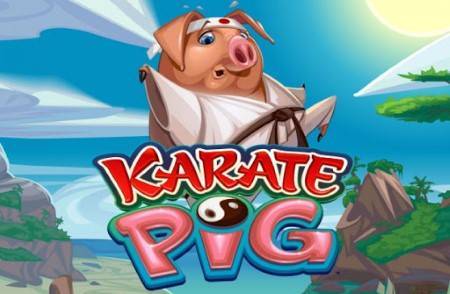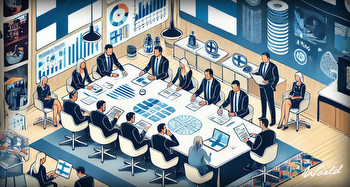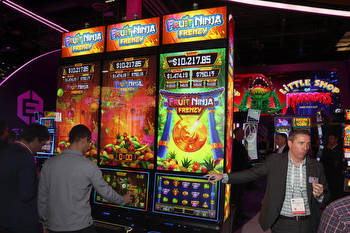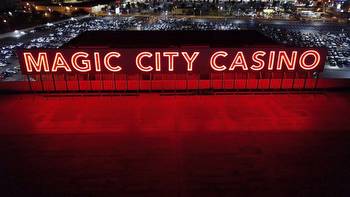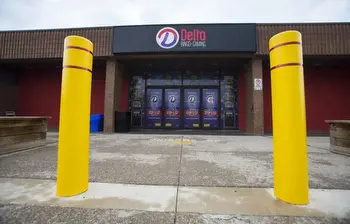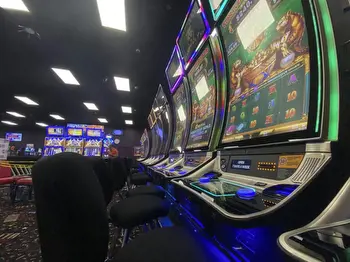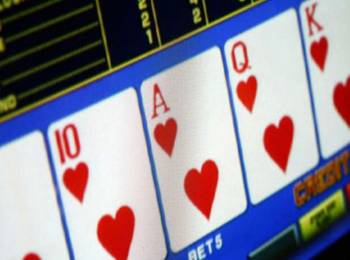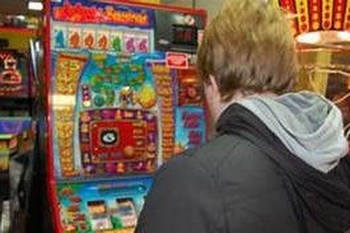Mexico's Secretariat of the Interior presents bill to ban slot machines
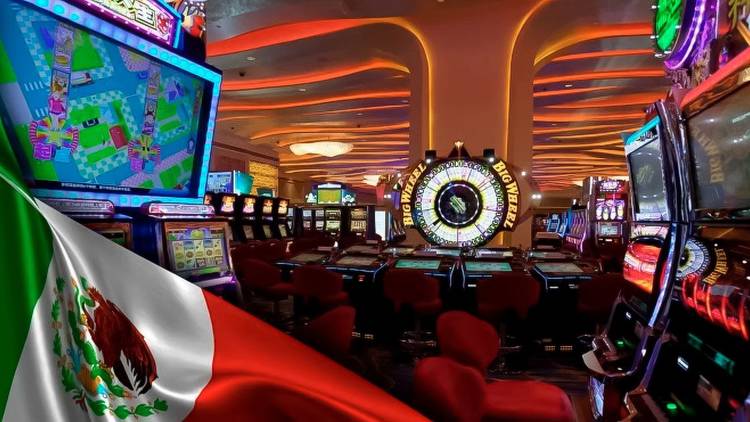
Mexico's Secretariat of the Interior (Segob) published on Thursday, September 7, a draft decree in the National Commission for Regulatory Improvement (Conamer) that aims at prohibiting bets or draws in electronic machines such as slot machines, bingo or card simulators, among others.
"The project eliminates Title Four, Chapter VII Of the Drawings of Numbers or Symbols through Machines, defined as: 'Activity in which the participant, through an artifact or device of any nature, subject to chance, makes a bet, by inserting a ticket, coin, token or any electronic payment device or similar object, with the purpose of obtaining a prize'", according to the project sent to the Conamer.
The reform that the Secretariat of the Interior intends to implement will not be retroactive. In other words, the 444 casinos currently operating in the country will be able to keep their machines, but only during the term of their permits.
The current permits include 408 additional casinos that are not operating and, if they are to be opened, they will no longer be able to have "sweepstakes machines", the same restriction that will apply for extensions of permits or new authorizations.
To justify the measure, the Government argues that these machines are not allowed by the Federal Law of Games and Drawings (which only authorizes dominoes, chess, checkers, bowling, billiards, dice, bowling, and raffles) and that Congress has not made any changes to the law since 1947. However, slot machines had been legalized during the administration of former President Felipe Calderón and endorsed in 2016 by a unanimous decision of the Supreme Court of Justice.
"The Mexican State has the responsibility to safeguard the rights of people in vulnerable conditions, avoiding the potentially harmful effects of gambling that may have an impact on children, adolescents, the country's youth and senior citizens, as well as the damage that may be caused to people with mental or psychosocial disabilities or those who suffer from any disease or addiction, such as compulsive gambling or a gambling disorder," the bill adds.
The initiative also seeks to eliminate the figure of "operator" within the betting and sweepstakes industry, with which the licensees or companies could acquire a gaming machine through a third party.
According to the Secretariat of the Interior, the latter figure lacked control by the authority itself, since the suppliers of these devices ended up having a direct relationship with their contractors, becoming "sub-permittees".
Industry response
The Association of Permit Holders, Operators, and Suppliers of the Entertainment and Gaming Industry (AIEJA) warned that such reform could have an impact of up to 90% in the collection of the Special Tax on Production and Services (IEPS), which is levied on games and sweepstakes.
In addition to a drop in tax revenues, the new Segob guidelines could cause the massive closing of gaming halls and unemployment within the casino, gaming, and betting market, according to the association.
According to data from this entity, the gambling industry generates around 50,000 direct jobs and close to 120,000 indirect jobs, as reported by the local media El Sol de México.
For its part, the Association of Permit Holders and Suppliers of Games and Sweepstakes, headed by Alfonso Pérez Lizaur, stated that if the bill is approved, the betting industry would become equivalent to "watching television in black and white".
"The participation of players in the gaming halls would decrease drastically since the entertainment offer would be seriously affected. Thousands of sources of direct and indirect jobs would be lost, as well as large amounts of contributions to the treasury and federal entities", the association commented.
However, the Ministry of Finance and Public Credit (SHCP) informs that in the last four years, the Special Tax on Production and Services (IEPS) on games and sweepstakes represented less than 1% of all income registered for this tax.
"The prohibition of the Secretariat of the Interior is not because there is tax evasion by the permit holders, either of VAT or ISR, it is simply in the sense of enforcing the current regulations and that there are no more authorized figures to operate in gambling games", explained Juvenal Lobato Díaz, a specialist in tax law.
He added that in the event of prohibiting the installation of electronic machines, the greatest impact would be on local taxes since the current legislation obliges permit holders or casinos to pay a tax for the installation and eventual operation of these centers.







